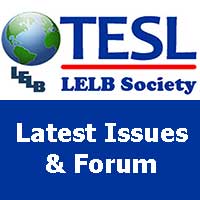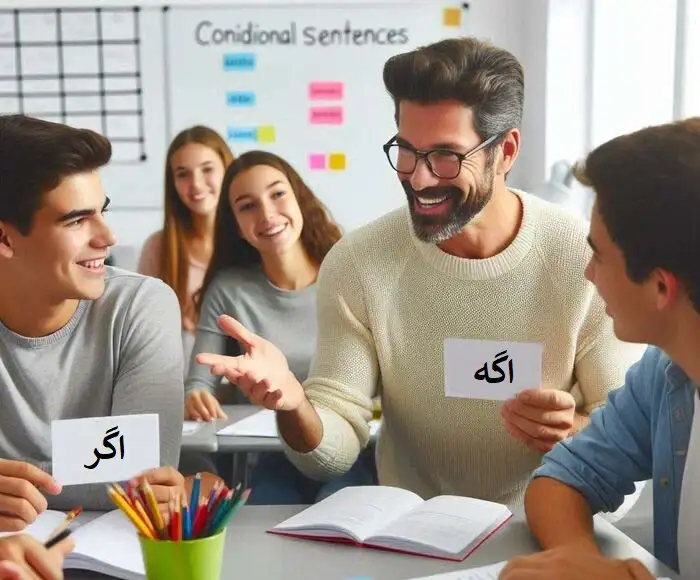Child Language Acquisition | TESL Issues
Child Language Acquisition Child Language Acquisition Cromer concludes that experience stimulates language organisational processes and that these affect other linguistic structures that are internally related. The children appeared to be building their own grammars in their own way, without direct positive or negative evidence as to what was right or wrong. Children are creative, selective …




